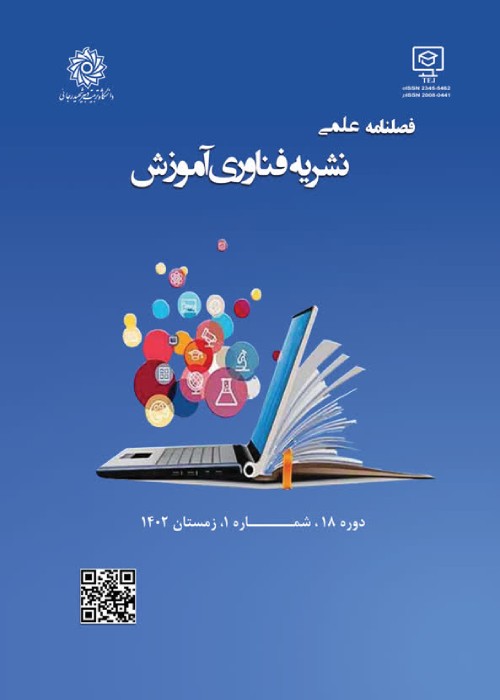Evaluation of critical thinking skills in ordinary and gifted secondary math curricula
The art of arithmetic is as old as man, and critical thinking skills are always one of the tools that human beings use to face life's challenges. We face daily decisions that require reasoning, comprehension, interpretation, analysis, and evaluation of information. Critical thinking skills enable a person to make credible and valuable decisions, to behave ethically, and to be able to adapt to environmental conditions. However, some math teachers seem to have difficulty in instilling the concept of critical thinking in their teaching methods, so students also perform below average performance in math tests due to difficulty in understanding this concept. Therefore, students lack the necessary ability to formulate hypotheses and evaluate them using abstract ideas. Despite the emphasis on the development of critical thinking, numerous studies indicate that schools do not yet have critical thinking on their agenda. On the other hand, the international study of mathematics and science education trends (TIMSS), which is one of the most important and largest comparative studies in the field of academic achievement evaluation, reveals the fact of the weakness of Iranian students in mathematics. However, despite the high investment in the mathematics sector, the gap between Iranian students' mathematical knowledge and other countries is worrying. The purpose of the present study was to evaluate the status of critical thinking skills in mathematics curriculum in ordinary and gifted schools.
The sample consisted of 71 math teachers, 360 students, three math textbooks and three supplementary math books of junior high school in the city of Shiraz, along with TIMSS mathematics questions. California critical thinking skills test (CCTST) was used to evaluate the critical thinking skills of students and teachers of mathematics. Math textbooks, math supplementary books, and TIMSS mathematical questions were analyzed using quantitative content analysis. The gathered data were analyzed through t-test for independent variable, one sample t-test, and chi square test.
The following were found: Critical thinking skills are significant contributors in TIMSS. Also, the results of content analysis showed that in textbooks and supplementary math books, analysis component was the highest portion and inductive reasoning and evaluation had a minimal contribution. On the other hand, there was no significant difference between ordinary and gifted students in math exam. There was significant difference between ordinary and gifted students only in analysis skills. There was no significant difference between ordinary and gifted teachers in critical thinking.
The weakness of Iranian students in the Thames test is a significant consequence of the weakness of math teachers in critical thinking skills and also the small share of math textbooks in the components of critical thinking skills. Therefore, it is suggested that the module of the five critical thinking skills course be designed while serving educators and implemented for math teachers
- حق عضویت دریافتی صرف حمایت از نشریات عضو و نگهداری، تکمیل و توسعه مگیران میشود.
- پرداخت حق اشتراک و دانلود مقالات اجازه بازنشر آن در سایر رسانههای چاپی و دیجیتال را به کاربر نمیدهد.


